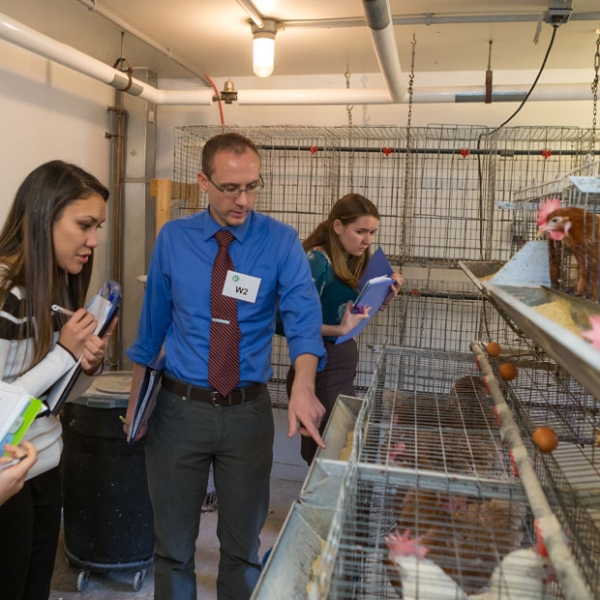Opioid shortage and abuse: Resources and education for veterinarians
 The AVMA has good news to help our members advance high-quality patient care in the face of continuing opioid shortages: We’ve teamed up with VetBloom to give AVMA and NAVTA members free access to CE and other resources that will help you identify opioid alternatives when treating patients.
The AVMA has good news to help our members advance high-quality patient care in the face of continuing opioid shortages: We’ve teamed up with VetBloom to give AVMA and NAVTA members free access to CE and other resources that will help you identify opioid alternatives when treating patients.
Opioid Minimal Anesthesia, presented by veterinary anesthesiologist Dr. Andrea Looney, is available to you through August 31 as a free benefit of your AVMA or NAVTA membership. It provides valuable information about opioid-free and opioid-minimal alternatives for anesthesia and analgesia, including oral medications, local blocks, and anti-inflammatories. Topics covered in the RACE-approved CE module and accompanying, downloadable materials include:
- Conservation of existing opioid supplies
- Creative use of sedative/analgesic combinations
- Use of anti-inflammatory techniques, modalities and drugs including nonsteroidal anti-inflammatories
- Use of local and regional nerve blocks
Opioid shortages are expected to continue into 2019, and they impact our ability as veterinarians to provide appropriate anesthesia and pain management for our patients. Veterinarians need to explore alternative strategies that rely less on opioids, and this CE module is a valuable tool to help you do that. The downloadable course materials that accompany it include practical tables offering treatment alternatives for specific situations you might face while treating patients.
AVMA’s chief veterinary officer, Dr. Gail Golab, joined Dr. Looney to present the same material in a live webinar last month, and we’re pleased to be able to offer our members free access to the recorded CE module.
To access the content, you’ll need to create a free VetBloom account if you don’t already have one. Once you’ve signed in, just use the code AVMACE2018 at checkout to get this module for free. The webinar offers 1.5 hours of CE credit.
The role of veterinarians in addressing opioid abuse
As healthcare providers who administer and prescribe controlled substances, veterinarians have a responsibility to contribute to the national response to opioid addiction. In addition, any laws and regulations that govern opioid use will impact how we treat animal patients, so the perspective of veterinarians should be considered when these mandates are developed.
A new AVMA policy reflects this opinion. The Veterinary Profession’s Role in Addressing the Opioid Epidemic states, in part: “The AVMA strongly recommends that veterinarians, legislators, state veterinary medical boards, and state pharmacy boards work together to create practical and effective solutions when considering opioid-related laws and regulations that impact the practice of veterinary medicine.” The policy outlines objectives and efforts that the AVMA supports in regard to veterinarians’ involvement in addressing the national opioid epidemic.
You’ll find a link to the new policy at avma.org/Opioids, along with opioid-related resources available exclusively to AVMA members. These materials include a back-office flyer to help you and your staff prevent drug diversion, and state-by-state information on opioid-related CE requirements and prescription drug monitoring programs (PDMPs).



Comments
Add New Comment